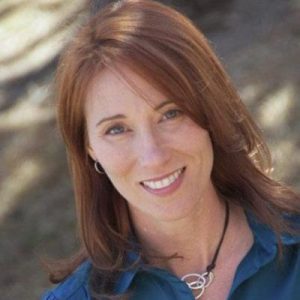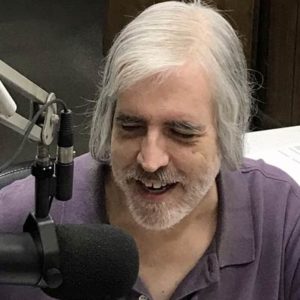State Sen. Dale Righter (R-Mattoon) will be part of a team of lawmakers, state agencies that oversee healthcare services, and organizations that advocate for senior citizens, among others, that will study and offer suggestions on how the state can do a more efficient job when serving the health needs of senior citizens who live in their homes.
Righter was appointed to the Community Care Task Force Sept. 6.
“We cannot continue, without major changes, the Community Care Program, which is the current state program that serves Medicaid and non-Medicaid seniors who live in their homes,” Righter said. “If we truly want to preserve the services seniors are receiving now and for the future, and do a much better job specifically tailoring the services to their individual needs, the Community Care Program needs to be reformed. I look forward to the Task Force’s findings and determining how we can make the system better for seniors and taxpayers.”
Specially, the Community Care Task Force must:
1. Review the current services provided to senior citizens living in the community;
2. Review potential savings associated with alternative services for senior citizens;
3. Review effective care models for the growing senior citizen population;
4. Review current federal Medicaid matching funds for services provided and ways to maximize federal support for the current services provided;
5. Make recommendations to contain costs and better tailor services to Community Care Program participants’ specific needs;
6. Review different services available to keep senior citizens out of nursing homes; and
7. Review best practices used in other states for maintaining senior citizens in home-based and community-based settings, including providing services to non-Medicaid-eligible senior citizens.
“Earlier this year, the Department on Aging introduced a new program that would have reformed the failing Community Care Program, and put us on a much better path, both in terms of service and efficiency,” Righter said. “Democrats, however, were not interested in reform. The program the Department on Aging introduced, the Community Reinvestment Program, would have maintained quality services for current seniors and increased its ability to serve those most in need. This is type of program the state needs to adopt, and I hope the Task Force comes to that conclusion. Through an avenue such as the Community Reinvestment Program, seniors would have access to more services to meet their needs. This program would help divert seniors from costly nursing homes and ensure they continue to have all of the services they require to meet their needs. It would also save the state more than $100 million. The bottom line: this is an opportunity for us to help our seniors, ensure services are available to them for decades to come, and save taxpayer dollars.”
The Community Care Task Force must report its finding and recommendations to the Governor and General Assembly by Jan. 30, 2018.













